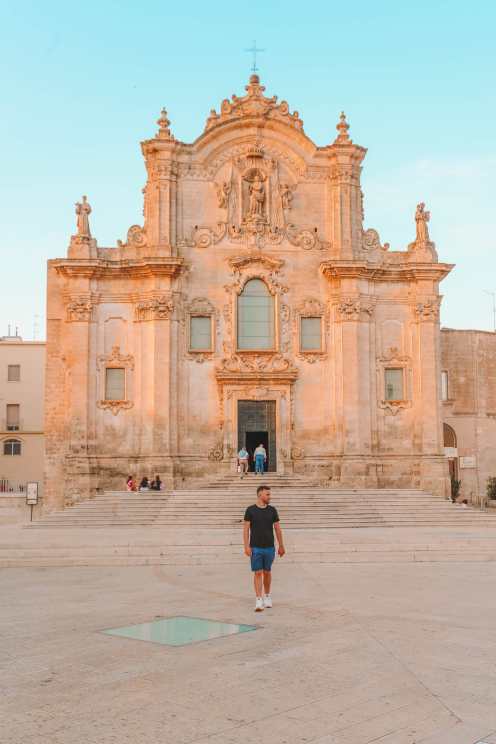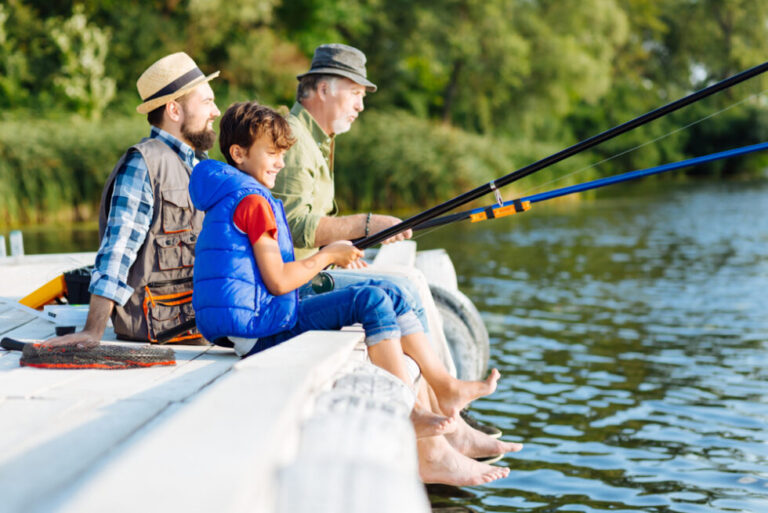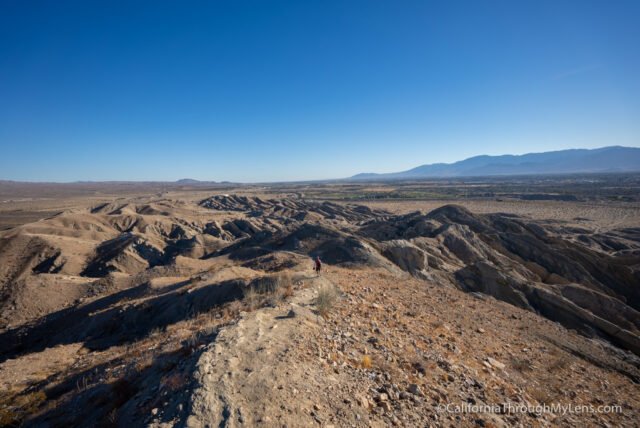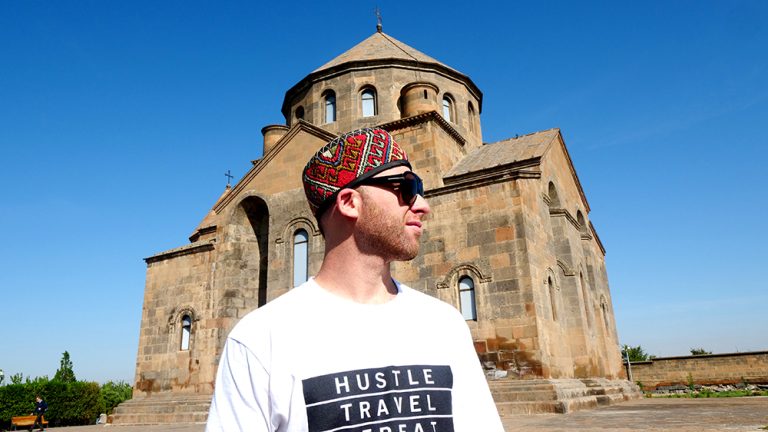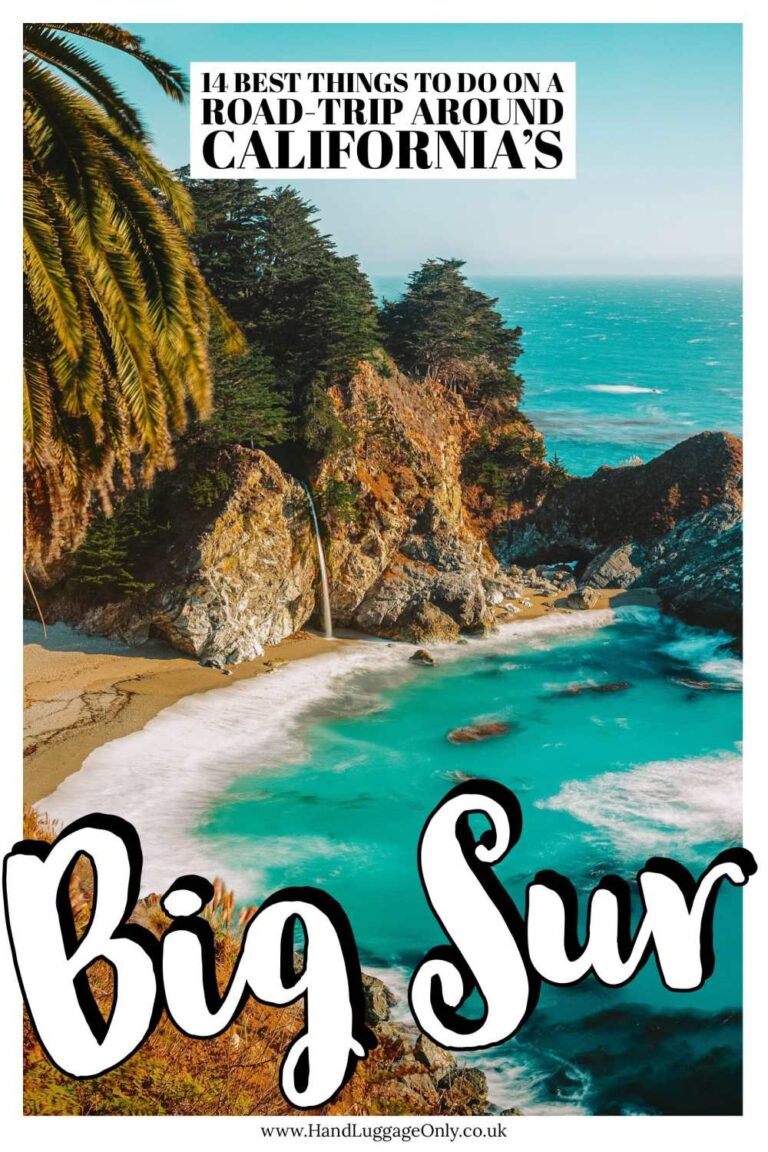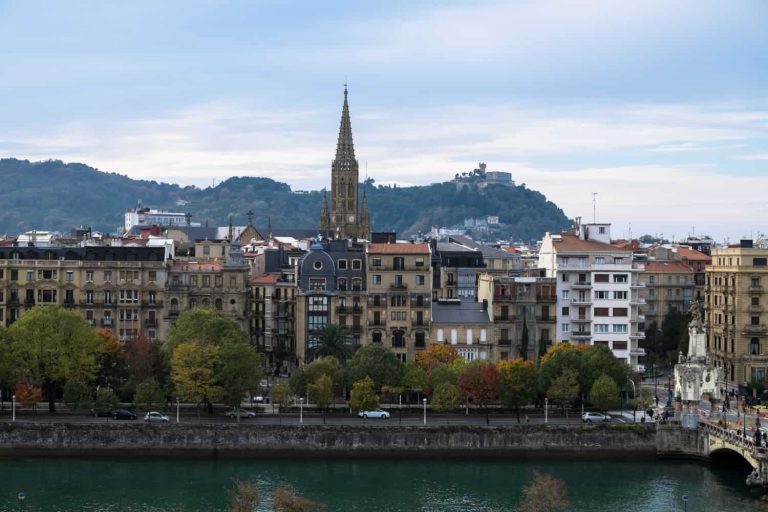Visit in partnership with the Tourism Recovery Programme
Quickly I became excited by the opportunity to visit more than a handful of dynamic small businesses myself, especially those making an impact in their communities. But, in a metropolis like Mexico City, often touted more for its crowds and traffic than sustainability, I was eager to find out if these were hollow promises or if community, sustainability, and responsibility were indeed being championed.
From my perspective, it’s hard to envision that the industry will see such a powerful overhaul as many predicted when initially discussing the future of tourism. Now, with a cost of living crisis coming on the back of the pandemic, it’s even more likely that for many travellers, their budget will become the primary factor rather than responsible tourism.
A few weeks later, Karen would be travelling to Berlin to attend one of the biggest travel trade shows in the world as a special part of the Tourism Recovery Programme. Sadly, the in-person event was cancelled due to the pandemic, however, a two-week market access training was offered instead. While Trueke initially launched as an NGO seven years ago to support people after natural disasters, it’s grown and grown, while retaining the same key morals and ethical focus. The next stage is legitimately opening their tours and authentic local experiences to visitors worldwide.
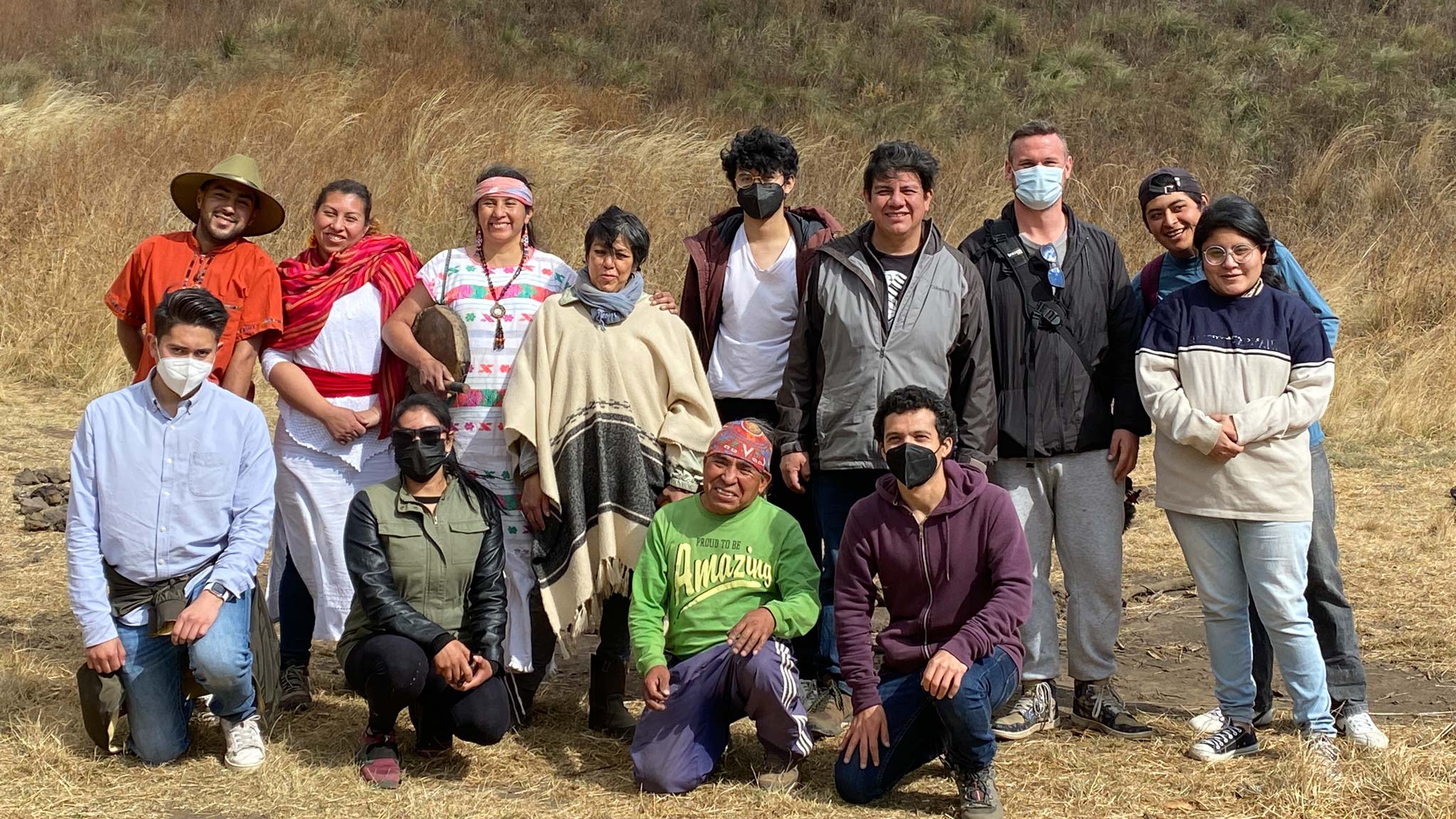
While online portals like Viator and Get Your Guide have allowed travellers to reach more local businesses, the commissions and paperwork hurdles often don’t make this a viable option.
‘We’ve been able to learn a lot of different things – leadership, management, digital and sustainable tourism. But not only that, we had the opportunity to discover what we were already doing and what we weren’t promoting,’ Rodrigo Lopez Aldana, founder of Sabores Mexico Food Tours, told me over coffee at the end of a delicious five-hour tour devouring the city’s best dishes.
The Tourism Recovery Programme is helping owners to fully understand how to take on the barrage of bureaucracy that often comes with advertising in foreign markets. Additionally, in some countries where tours are booked through a WhatsApp message, the digital support and training to create multilingual websites will open a huge opportunity in a world where SEO and Google Algorithms define if a business will sink or swim.
Mayra Jiménez, the founder of Manos a la Tierra, an NGO-turned-tourism-business, highlighted this further when she realised that bringing tourists to their eco-focused projects wasn’t just allowing travellers to witness another side of the country but actively contributing to a more sustainable future through their tour funds.
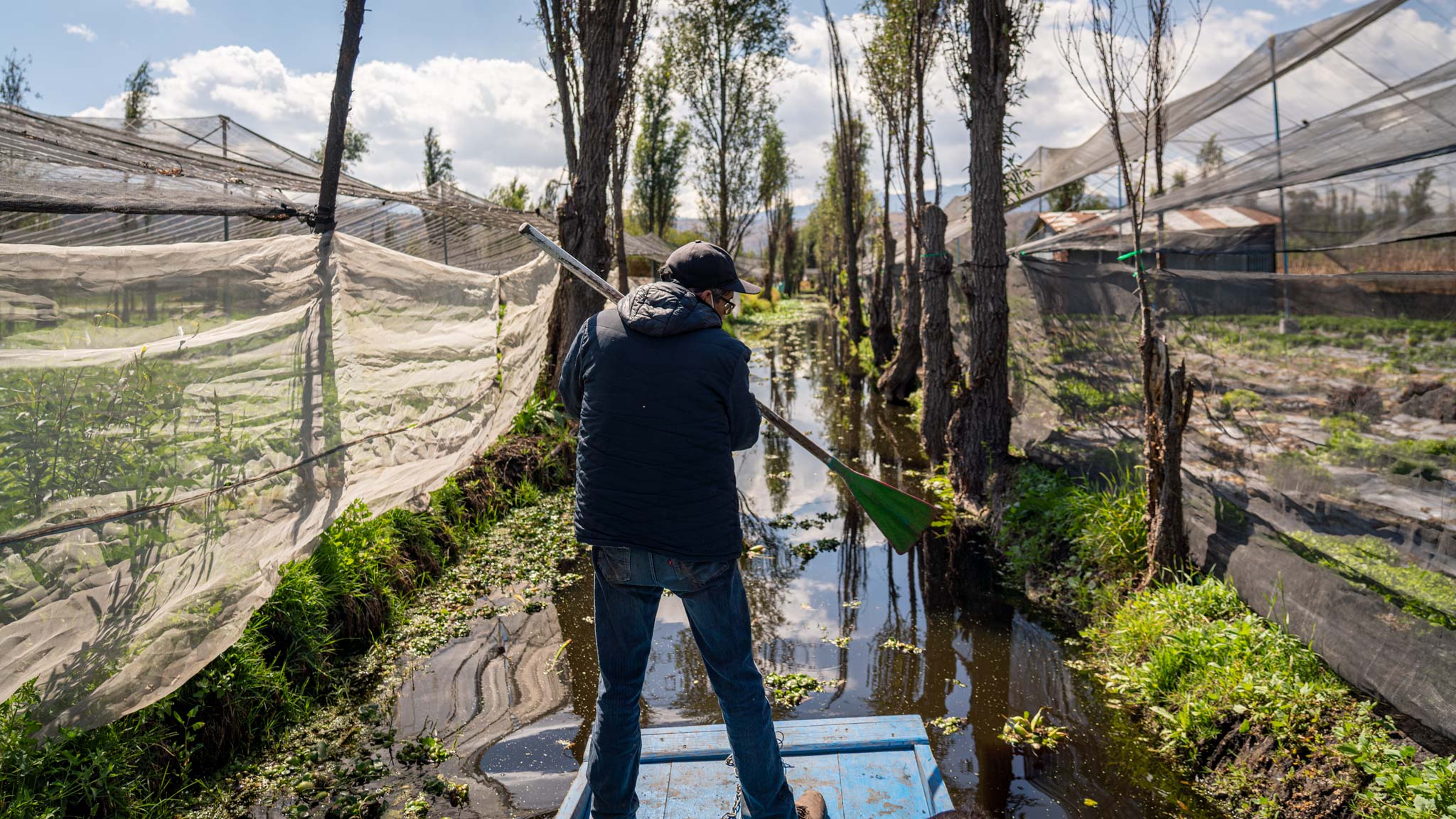
The Tourism Recovery Programme
One of the biggest hurdles for small, local tourism businesses to tackle in a growing world of globalisation is how they can compete with large-scale international tour operators.
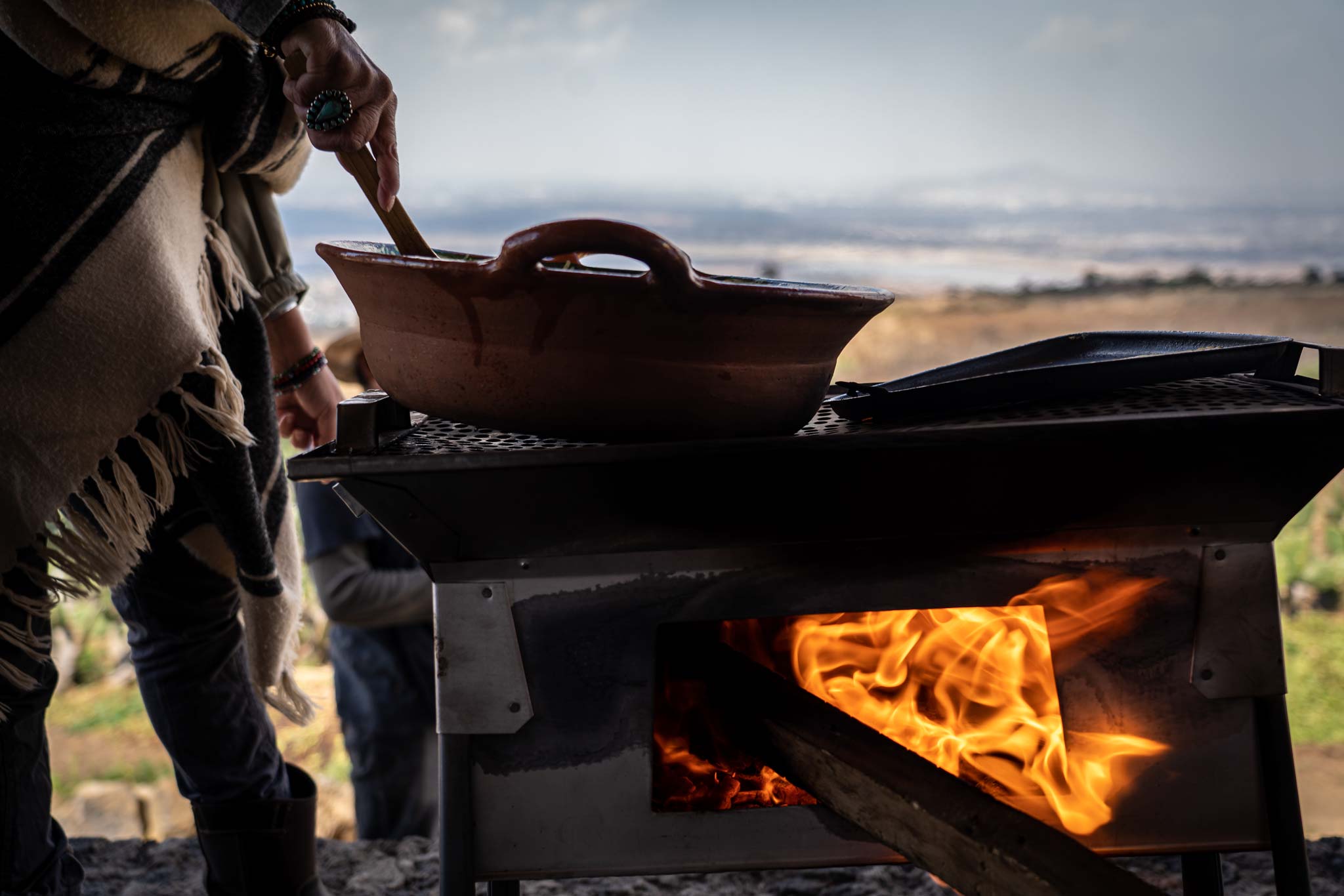
‘There is a lot of collaboration with our tours,’ Alan Martínez, my guide, had told me as we ended the day in a local Mole (celebrated local sauce) factory.
Perhaps, this is the future of tourism – and the words we often tag on the front; responsible, social, community – all come down to the same thing. Focusing on local, independent, and indigenous businesses and sharing knowledge and best practices so they can grow and welcome more guests from international markets. Why would we need a foreign guide to take us around a destination when the true experts, who love their land and live their culture, can instead?
Thus, the mentorship and access opportunities created through the Tourism Recovery Programme have been the most valuable part of the whole programme for all of the businesses.
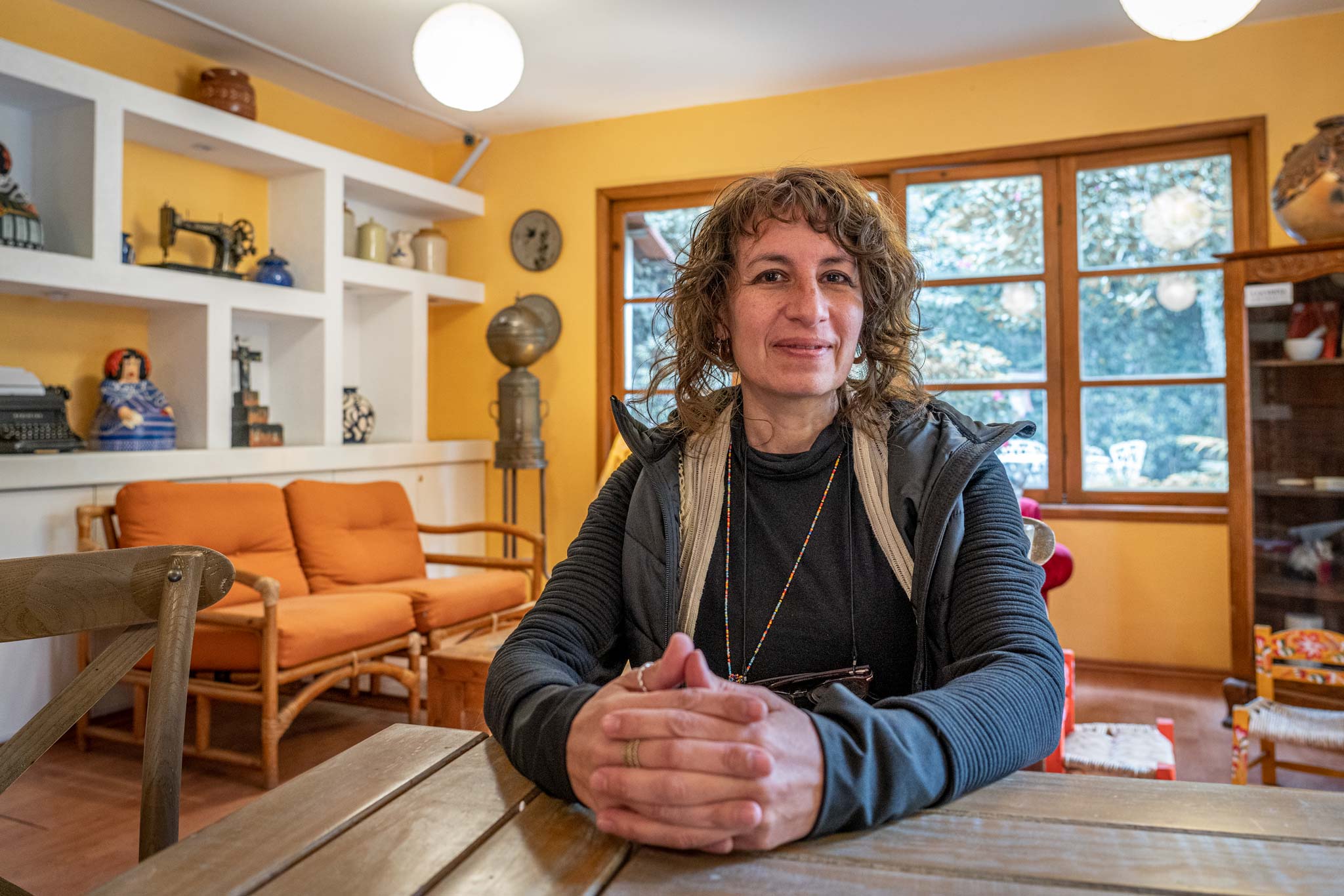

Looking back on my time in Mexico City, it seems like a different metropolis from the one I had envisioned as I flicked through my Lonely Planet guidebook on the flight.
For me, this just highlighted the disconnect between businesses, travellers, and green-washing companies about what sustainability really means. We’ve built it into this environmental pinnacle that we all should strive for when really, it’s often as simple as going back to our roots on the road and getting as stuck into local tourism as we can.
We all have the power to make tourism a force for good, so let us promise ourselves we will. As we return to doing what we love the most – exploring this incredible planet – it’s up to us all to ensure we aren’t just taking wonderful stories from the people we meet on our travels but also giving something back, which is often as easy as booking our experiences right at the source.
‘Our idea is to connect tourists with nature and different cultures, so they can support our environmental projects while learning more about the local lands’, she summarised as we passed the colourful trajineras boats of Xochimilco. Most visitors that make it out to this UNESCO listed natural area would only see the ‘fun’ side of the canals while being serenaded by Mariachi bands. However, her tours will instead show visitors the ancient agricultural practices of the famed Chinampa farming system, the funds going back into reforestation.
Over lunch with Mayra of Manos a la Tierra, we also got into the details of not just the challenge of reaching international travellers but making them aware of all the other experiences in the country.

Sustainability for the environment and locals
As Karen so concisely put it when explaining why they had decided to expand an NGO into a tour company – ‘Tourism seemed the perfect way to bring people in to make a positive change through exchange’ – and really, that is everything we as travellers should be aiming for too.
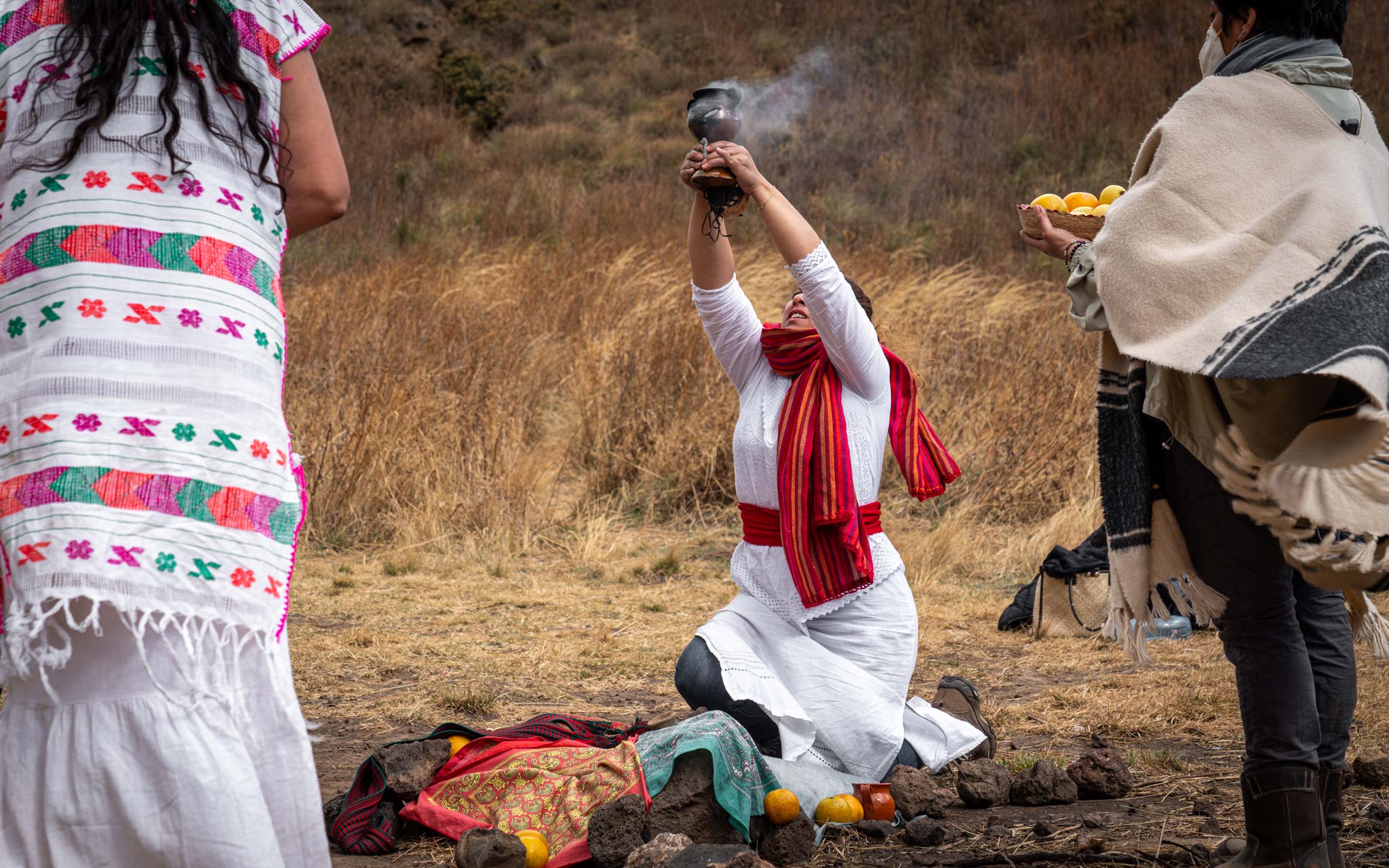

But how were these businesses selected? What were the criteria of who to help and support out of thousands of applications?
For many, the immediate panic of the pandemic was survival, funds and money simply to keep afloat, and while the programme provided this much-needed relief, what I took from all of the business owners I spoke with was the value of the mentorship and support they had received. Not just allowing them to weather the storm but set sail into a new future in the post-pandemic world.
‘We work with businesses that prioritise giving back to their communities, move away from mass tourism, and build more environmentally-conscious experiences,’ Manuel of the Tourism Recovery Programme, told me when we first spoke. Now, as I look back on my short but sweet week in Mexico City, I truly understand the power of this collaboration.
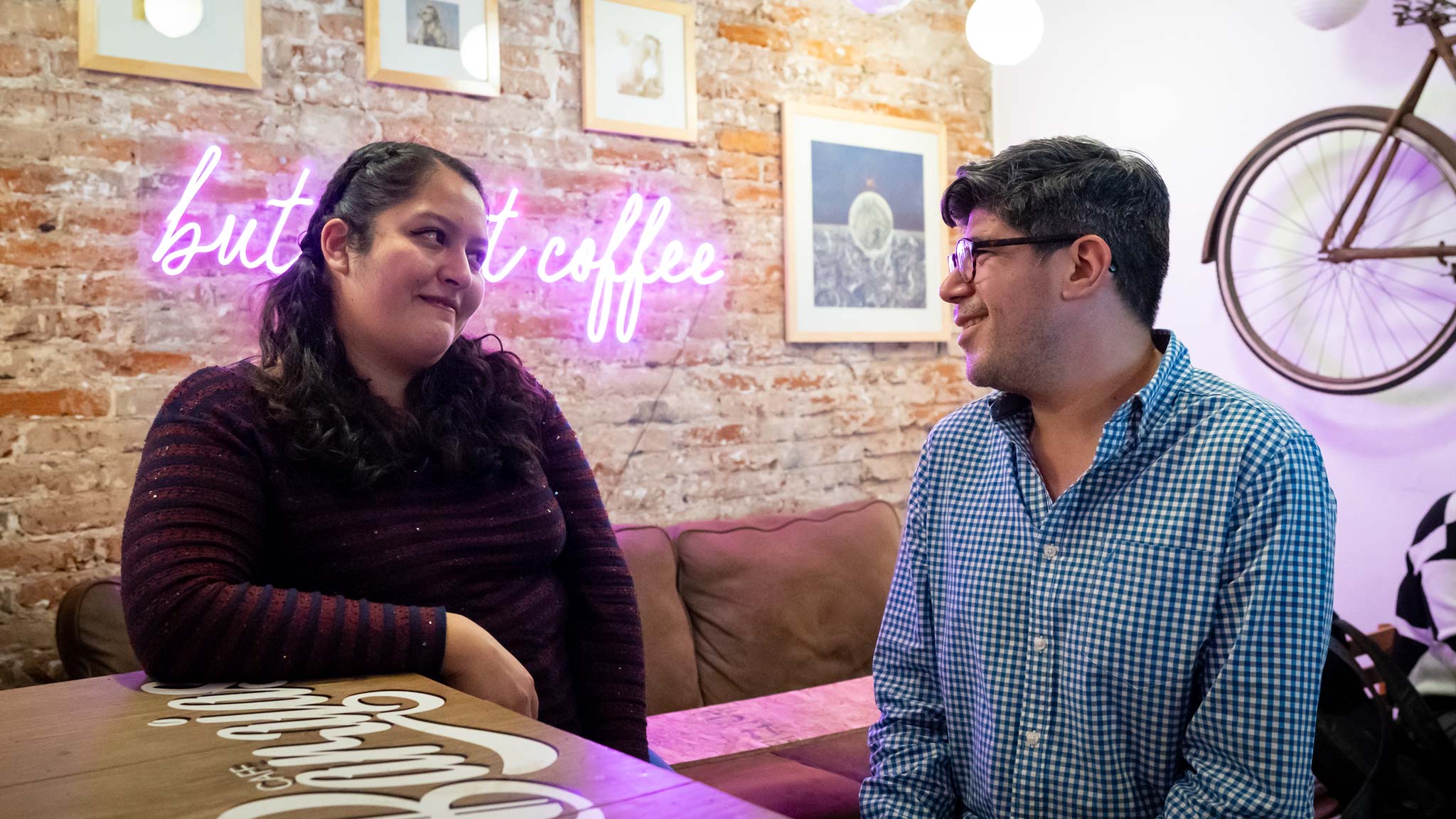
In a world filled with (sometimes questionable) foreign aid that often leads to foreign ownership or contracts, we have become very familiar with the deed of gifting money – more so in terms of perceived charity than tourism. While that money can often provide a short-term boost, it isn’t infinite, and thus up-skilling and supporting with more than just monetary gifts can often lead to more of an impact. That said, when someone is already struggling, they need the fish for strength to learn, or, in this case, the cash to claw back up and build from.
However, now nearly two years on and as tourism slowly re-opens globally, how many of these predictions still ring true? The World Economic Forum recently investigated how quickly tourism is returning ‘post-pandemic’ yet in only certain regions – with the alarming fact that tourism lost out on around trillion of export revenues in 2021. This raises the question of if businesses, many of whom are desperate to survive, really have the resources remaining to focus on the most ethical way forward?
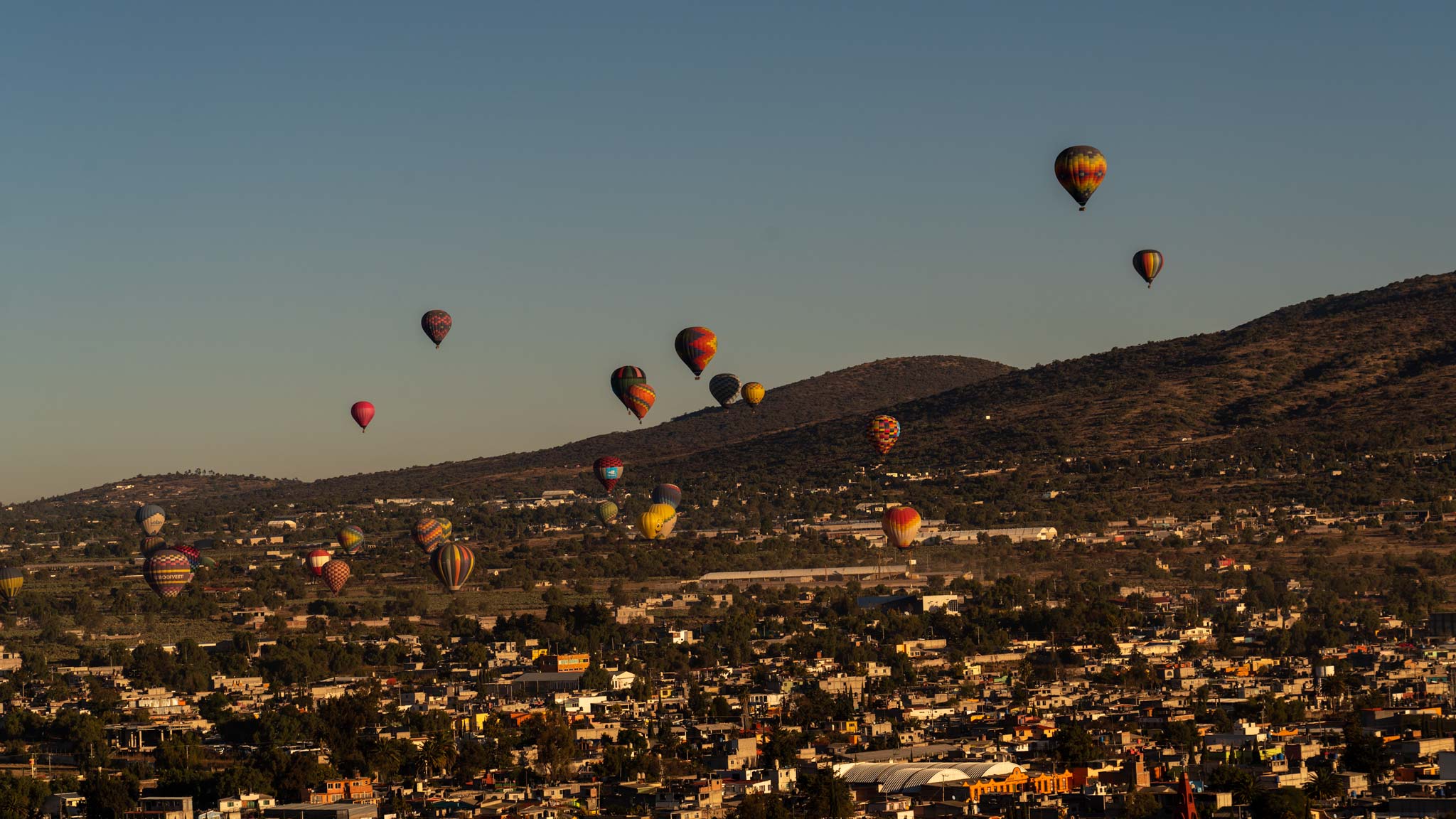
Community, partnerships and collaboration

It isn’t just the individual business collaborating with the Tourism Recovery Programme that are benefiting, but further collaborations with countless local suppliers and companies. Whether it be local artisans performing ceremonies as part of the day trip or reforestation projects being provided with a cut from the tours – that long-promised and often diluted ‘trickle-down-economy’ seemed to be in play here.
Both are essential parts of a sustainable tourism economy, and from the businesses I met, it seemed sustainability was a cornerstone of their ethics rather than a buzzword – something their involvement in the Tourism Recovery Programme had further highlighted.
Likewise, and perhaps most importantly, are travellers who are frantically searching for their first holiday in two years actually putting the local economy at the heart of their travel plans or simply seeking an easy and quick escape from the confines of lockdowns?
At the end of my experience with Ruta Páak’am, after a day of learning all about Nopales (prickly-pear cactuses) in the vast farming fields within Mexico City’s limits, I was impressed and overwhelmed by just how many different people had taken part in making my day so memorable.
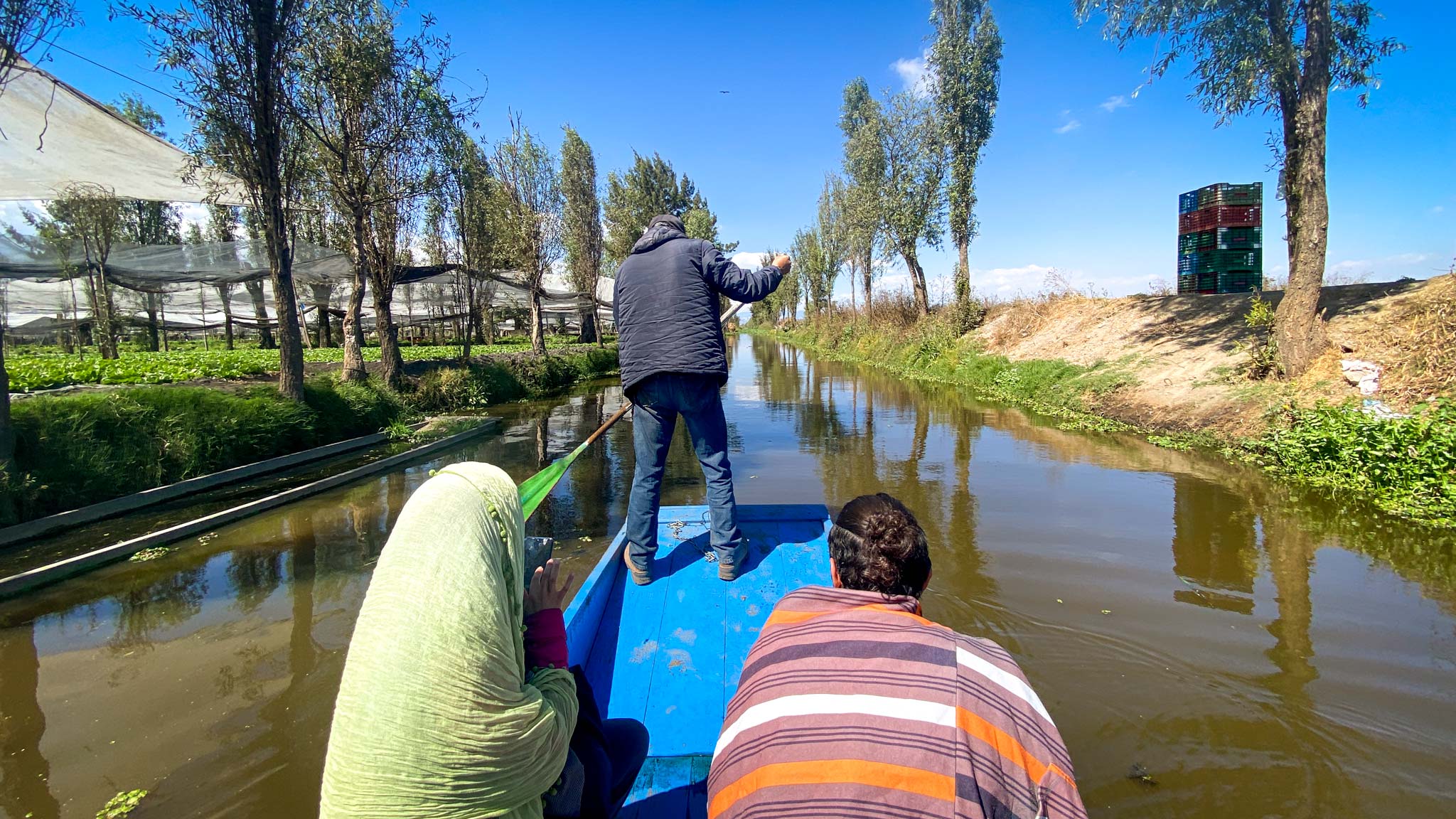
For me, The Tourism Recovery Programme is precisely how we should be supporting businesses in the industry – giving local businesses the tools to succeed and grow without diminishing their market share through multinationals taking them over.
While there is certainly a demand and need for this market, it often does little to contribute to regional economies or local tourism companies. Still, it’s hard to disrupt as a small business unless you have a way of reaching travellers from far-away countries.
My recent trip to Mexico City, a metropolis that isn’t usually considered a sustainable tourism option, highlighted some of these ‘easy wins’. Meeting with six business owners who have been supported throughout the pandemic by a robust Tourism Recovery Programme, I started to gain my first on the ground insights into the ‘post-pandemic’ travel sphere.
‘For example, supporting the local economy, being as green and sustainable as possible, and helping the local community. It was part of our business model, but now we have realised we are creating a big sustainable impact – and how important that also is to international travellers’ he continued as Nite, an expert barista, poured out different organic coffees across the table.
For others, it’s about building a much more sustainable approach to income and job opportunities for locals. One that can be scaled up, thus creating more jobs, opportunities – and most importantly, cash in pockets – for locals over foreign investors.
‘The pandemic was terrible – the hotel was so deep in taxes and loans, my mother even had to sell her house’, Andrea Álvarez Sánchez, the owner of Casa Jacinta Guest House in the artistic Coyoacán neighbourhood, told me over breakfast one morning – highlighting just how critical the financial support was in the early days of the pandemic.

Opening the doors to new opportunities
Often, as travellers, we opt to book a holiday or tour with a brand we know in our home country. Not always because we think it’s more trustworthy or a better company, but simply because of the time it takes to find a genuinely local operator – especially if the website is not in our mother tongue.
Certainly, the effects of Covid are going to reverb throughout the tourism industry for years to come, but thanks to opportunities such as The Tourism Recovery Programme, and the work of TUI Care Foundation and enpact alongside support from the German government, there is a little more hope for those affected.
‘The Tourism Recovery Programme is focused specifically on supporting businesses that display a component of innovation either in terms of technology, environmental contribution or social impact’, Manuel Ferreira, one of the Project Managers of the Tourism Recovery Programme, explained to me when we first spoke prior to my Mexico visit.

Sustainability in tourism can mean countless things, depending on who you ask. For some, the environment is at the heart of it – think at top-level ‘take only memories, leave only footprints’ over constructing a 500-bedroom hotel on a protected natural bay.
In one of the busiest and most populated cities globally, I had somehow found an oasis of tranquillity. Businesses operating with sustainability as a culture, not a buzzword, and empowered, independent enterprises keeping traditions and culture alive. Often, when we think about sustainable tourism, our minds wander to lush palm-fringed forests and remote outposts – yet here, I found the proof that tourism businesses can push the boundaries of community and sustainability even in a mega-city.
While I can’t speak for other countries or denote how much of this collaboration is simply down to the culture and community-focused way of life in Mexico, here, it was certainly much more than hollow words.
Moving forward though, as tourists and travellers navigating through this so-called post-pandemic world, we must ensure we make the right choices, the sustainable choices, and ensure our ‘tourism dollar’ goes to local, impactful and community-focused businesses.
The Tourism Recovery Programme, which has been supporting businesses in Mexico among other countries, seemed to understand this, and thus a perfect collaboration was formed. Something we, as travellers, can easily replicate by choosing local companies that are also investing in their communities.
This is one of the easiest ways we can make an impact as a traveller – by finding tourism companies that employ and support various parties. By removing the cash-heavy international business at the top, there is much more money to spread equally through these partnerships as profits allow.
‘We just never really spoke about it because we’ve been doing it since the beginning and took that for granted. We thought everyone expected and understood the importance of sustainability,’ Rodrigo concludes, a sentiment shared by most of the founders I met during my week in the nation’s capital.
Recovery and resilience in a ‘post-pandemic’ world
Perhaps, I wondered, was there still hope for all those hard-to-believe future of tourism predictions?

As the Chinese philosopher Lao Tzu once said, ‘Give a man a fish, and you feed him for a day. Teach a man to fish, and you feed him for a lifetime’ – and on the back of a devastating two years for the travel industry, amongst many others, this couldn’t ring more true.
The programme was formed between tourism experts TUI Care Foundation, a separate entity to the well-known TUI Holidays, and enpact, a Berlin-based organisation specialised in supporting entrepreneurs and their ecosystems in building capacity and growing their impact through networking, mentorships, and training, the programme’s reach and skills development aims are more than covered.

‘We’re helping other small businesses, artists, and producers who rely on word of mouth. We are excited to start welcoming more international visitors to our tours and sharing our culinary heritage together,’ he added, underlining how this brand-new born business was starting on the right foot for everyone in the locality.
On the flip side, it seems a surge in once-in-a-lifetime trips are being booked, as we re-consider both our mortality and when we can travel – is a massive influx of tourists to say Antarctica really in line with the expected growth of sustainable tourism?
Now, as more guests check in to this boutique accommodation, more money will funnel down to these artisans, which I personally find so important as the arts are often the first to die when money becomes tight.
Mayra’s NGO, Manos a la Tierra for example, had been collaborating with Casa de la Chinampa for some ten years. Supporting agricultural and environmental projects in the protected area had long been in her remit. Still, now, with their new venture into tourism, they will also be able to further financially support the farmers leading their tours – as agricultural wages alone aren’t rising in line with inflation.
‘Most tourism is to the beach and large resorts, and a lot of visitors miss the culture, beautiful inland places and our communities’ Mayra summarised, underscoring the findings of a 2017 OECD Report that highlighted the nation’s tourism dependency on mass-market, resort focused tourism.
My visit to Mexico was in partnership with the Tourism Recovery Programme – you can learn more about how this fund and mentorship is supporting local businesses on the link, and find more information about the partners powering the programme on their websites: TUI Care Foundation and enpact.
